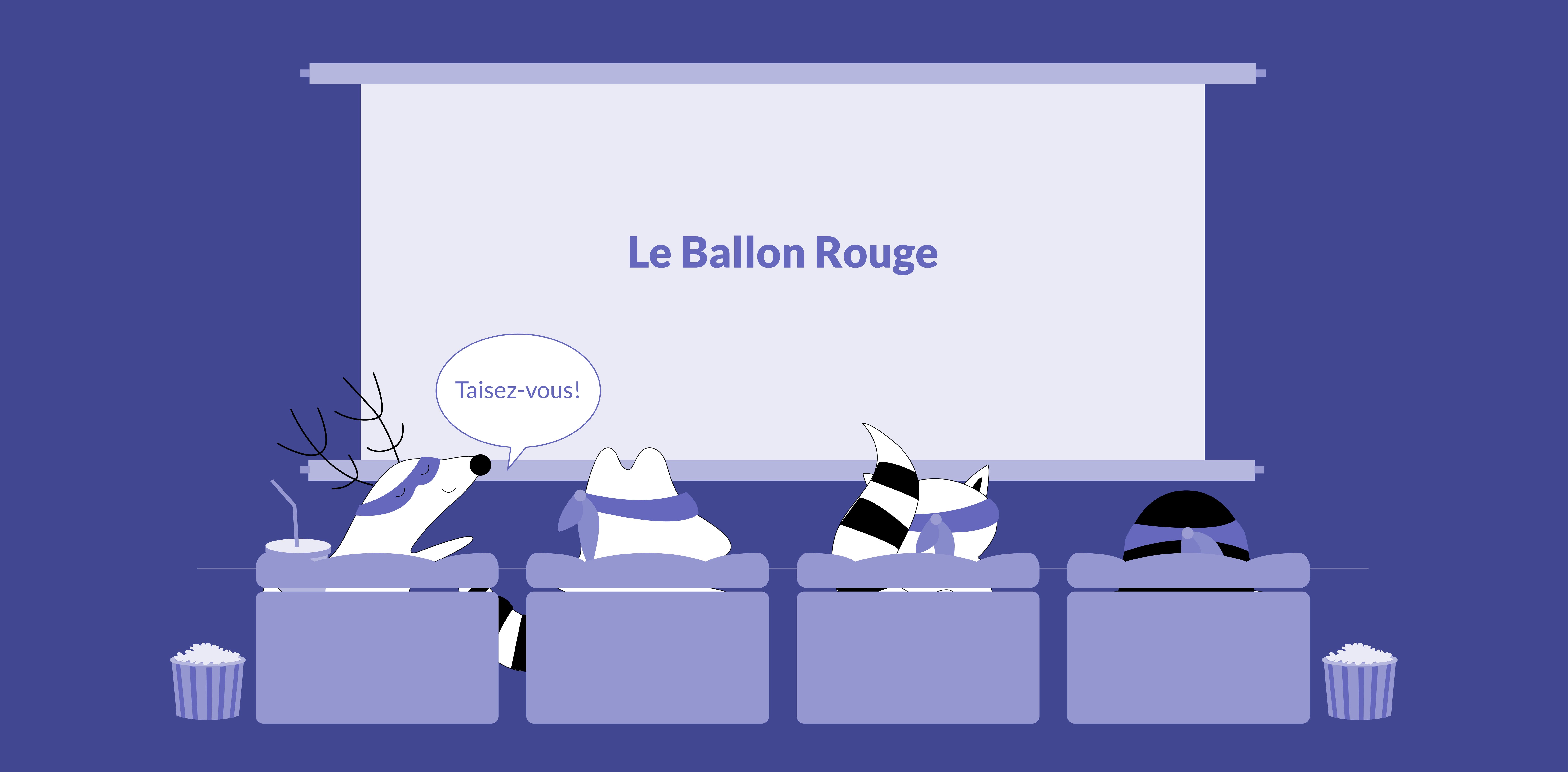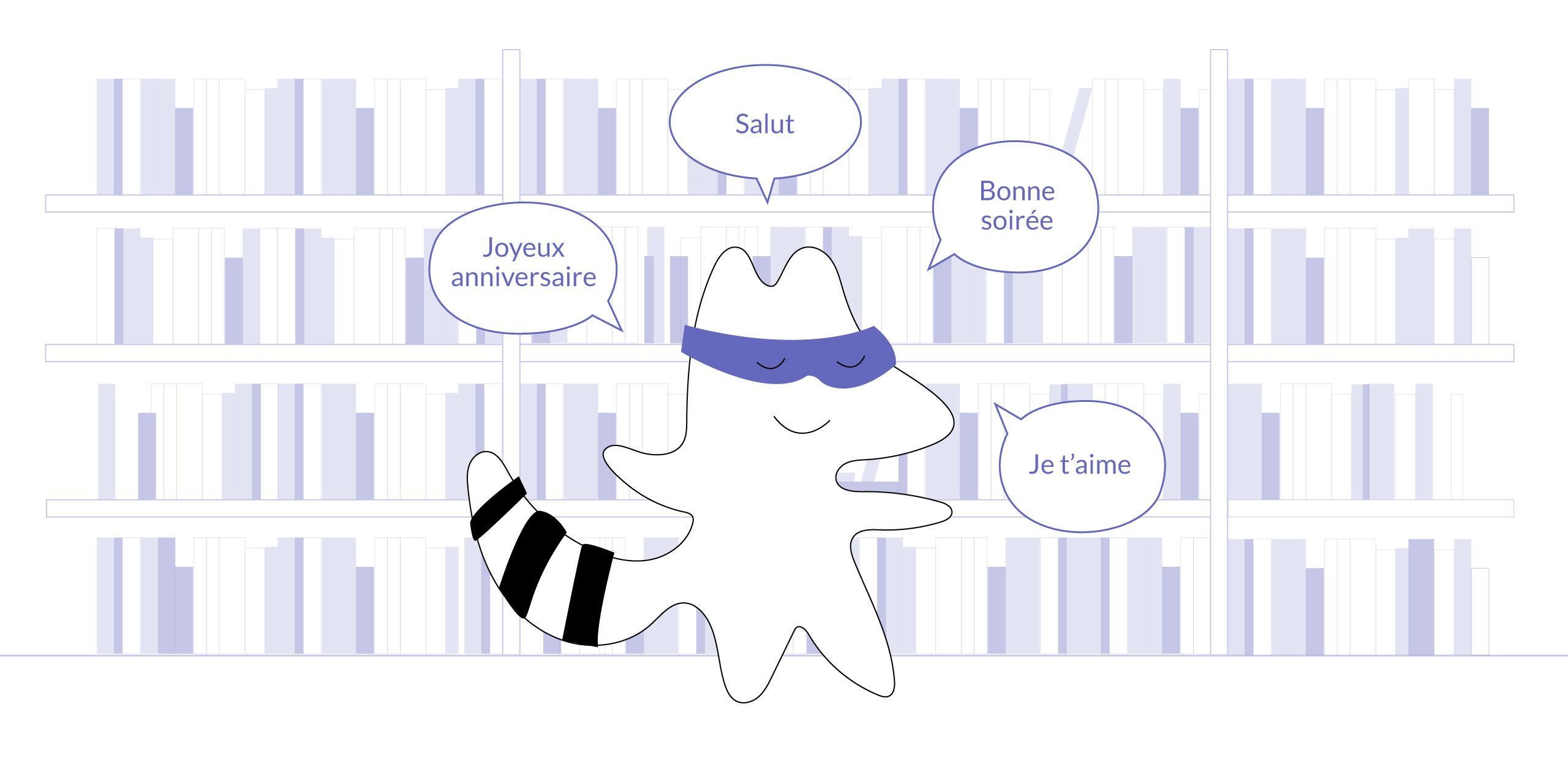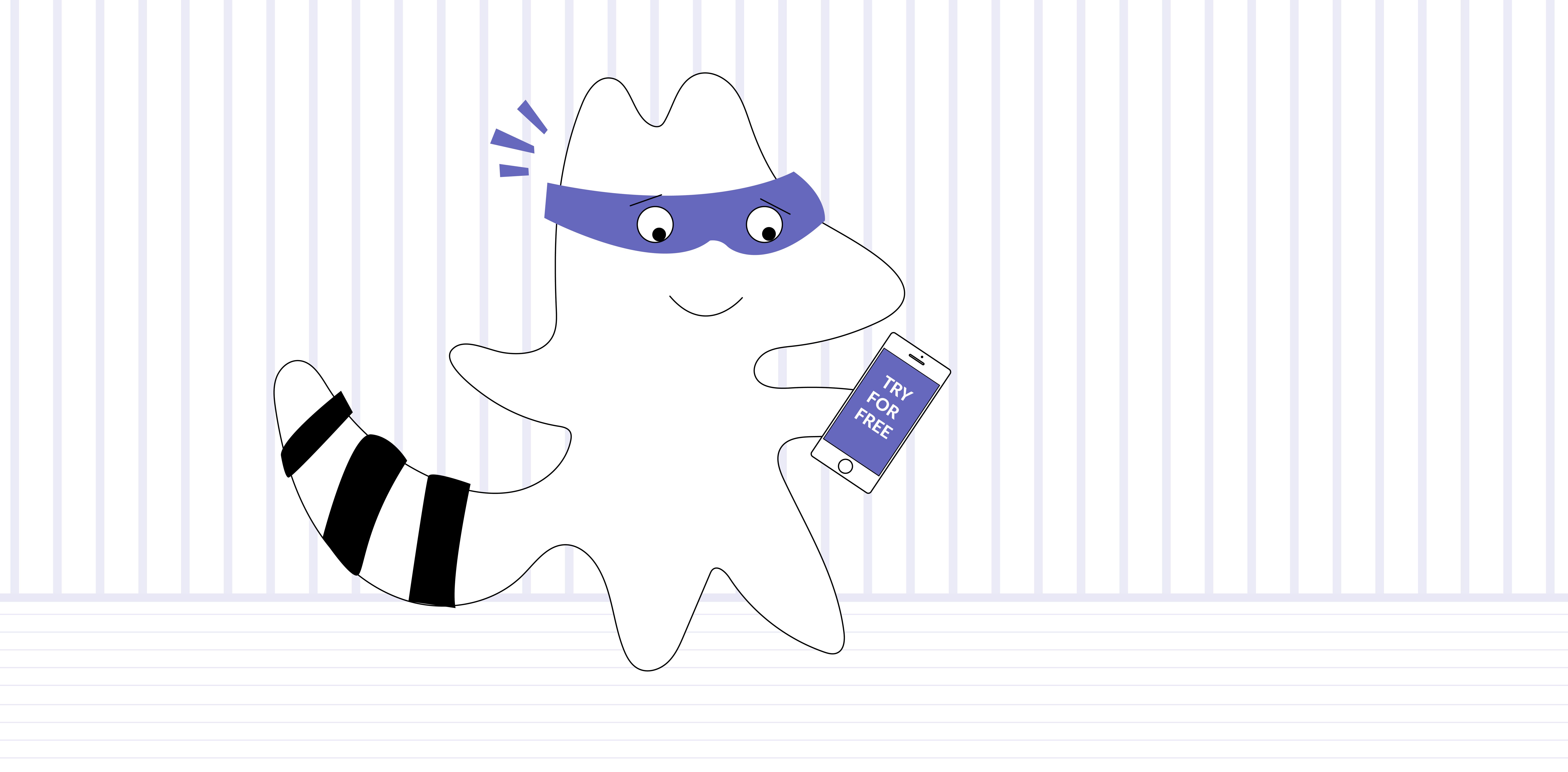
In the realm of online language learning, few names are as iconic as Rosetta Stone. With a reputation forged over decades, the platform has become synonymous with comprehensive, immersive language learning experiences.
It's a global go-to, offering courses in 24 languages, from the most widely spoken, such as English and Spanish, to less common languages like Hebrew and Filipino. But today, we shift our focus to one specific course — the Rosetta Stone French course.
Language learning is a journey, and like any journey, the path you choose matters. In this review, we'll take an enlightening walk through the Rosetta Stone French course. We'll delve into its unique features, weigh the pros and cons, discuss costs, and compare it to other popular online French courses.
Whether you're a novice stepping into the world of French, an intermediate learner seeking to refine your skills, or a seasoned linguist exploring teaching methods, this comprehensive review aims to provide valuable insights for all. So, let's embark on this exploration and find out if the Rosetta Stone French course is the ideal companion for your French-learning journey.
Learn French with Langster
Overview of Rosetta Stone French Course
The Rosetta Stone French course has earned its stripes in the dynamic world of language learning. For seven consecutive years, it has been recognized as the Best Language Learning Software — trusted by millions worldwide, a testament to its effectiveness and innovative approach to teaching.
And, it's not just individual learners who are reaping the benefits. Over the past two and a half decades, a variety of educational institutions have integrated Rosetta Stone into their curriculum. Moreover, it's the go-to learning tool for corporate clients of significant stature, including NASA and the US State Department.
This wide-ranging trust and recognition underlines the course's quality and reliability, making it a compelling choice for French language learners.
So, How Does It Work?
At the heart of Rosetta Stone's teaching philosophy lies a strong belief in learning French online through context and daily practice. From the very first lesson, you'll be encouraged to speak French using their patented speech recognition engine.
The course also uses its Dynamic Immersion® method, an approach that facilitates learning through a combination of seeing, hearing, speaking, reading, and writing. This involves teaching new vocabulary in the context of real-life situations, using intuitive visual cues that help to reinforce learning and recall.
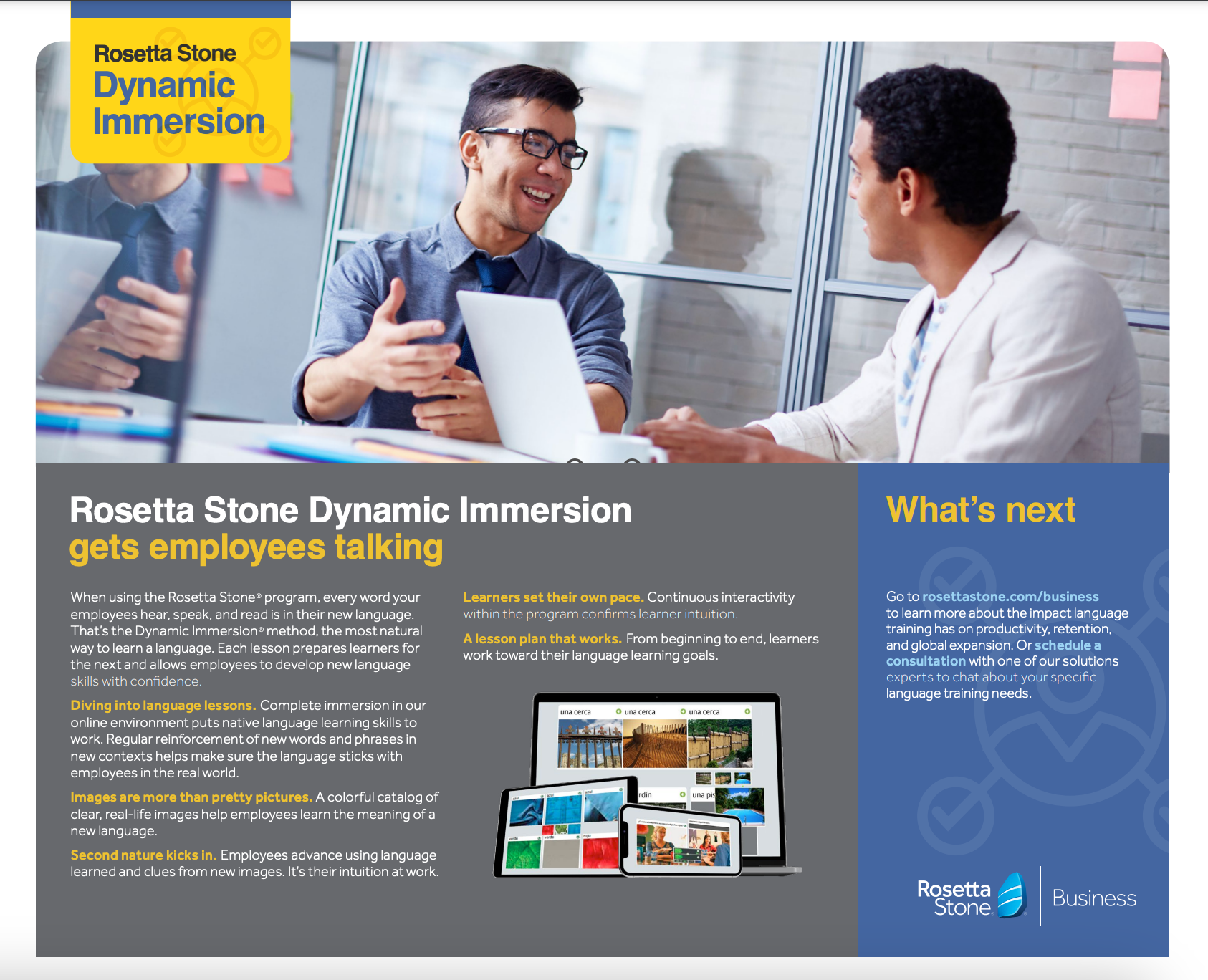
This immersive technique also relies on teaching you French using French, rather than translating back and forth from your native language, which encourages thinking directly in the new language. This approach is considered more effective than traditional grammar-based methods and has been proven to improve language proficiency.
To access the course, all you need is an activation code, which is emailed to you upon registration. The bite-sized lessons, which are entirely online — a huge advantage itself — are systematically sequenced to build naturally on each other, promoting a seamless learning flow.
Each level consists of four units, and within each unit are four core lessons plus a Milestone.
The core lessons introduce you to new language concepts, while the focused activities reinforce and build on the language skills you have acquired. The Milestones are designed to track your progress and test your understanding of the material covered in the unit.
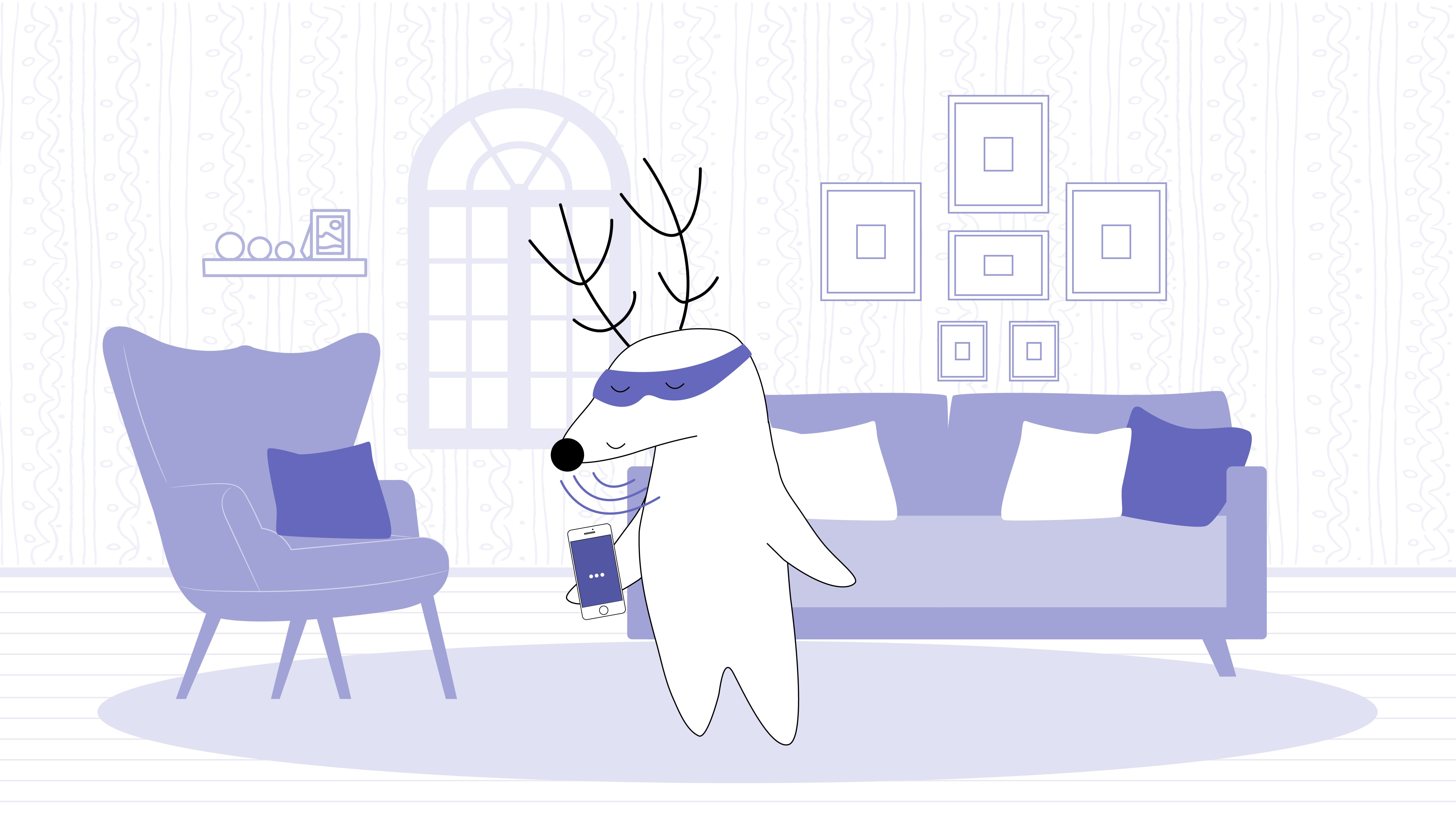
Pros
Apart from its excellent user interface, one of the main advantages of using the Rosetta Stone French course is its flexibility. You can access the program anytime, anywhere, as long as you have an internet connection. This means that you can learn at your own pace and fit it into your busy schedule.
Another benefit of this program is its interactive and engaging lessons. The courses are designed to keep you actively involved in the learning process through various exercises, games, and simulations. This not only makes the learning experience more enjoyable but also helps with retention and understanding.
Rosetta Stone’s courses also stand out for their emphasis on pronunciation. With its TruAccent™ speech engine, it provides instant feedback on your pronunciation, making sure you're not just learning to understand French, but to speak it correctly as well.
The technology compares your voice to native speakers and gives you a rating, which is an excellent tool for improving your accent and gaining confidence in speaking French.
Moreover, Rosetta Stone provides a complete language learning experience by focusing not only on vocabulary and grammar, but also on cultural nuances. This holistic approach ensures a deeper understanding of the French language and culture, which can be particularly beneficial for those planning to live or work in a French-speaking environment.
Unique Features
The uniqueness of the Rosetta Stone French Course stems not only from its TruAccent™ speech recognition technology and Dynamic Immersion® method but also from a host of other features that enhance the learning experience.
These include:
- Instant Access. When you subscribe, you're granted immediate entry to all levels of one of the finest language learning programs globally.
- Multi-Device Capability. Your learning progress synchronizes automatically across all your devices, enabling you to learn at your convenience, wherever you are.
- Phrasebook — an ideal tool for travel, with quick access to easy-to-understand greetings, expressions, phrases, and more.
- With downloadable Audio Companion®, conveniently listen and learn offline with pre-downloaded lessons.
- The engaging Stories feature which lets you immerse yourself in literature and expand your vocabulary by reading stories in their own language — something we focused on while developing our Langster app as well.
- Progress Tracking Tools. Parents and educators will find the enhanced monitoring and reporting tools beneficial for tracking a learner's progress with printable reports and lesson completion data.
Each of these features enhances the learning journey, offering immersion, thoroughness, and convenience. These unique elements cement Rosetta Stone's position as a preferred choice among many language learners.
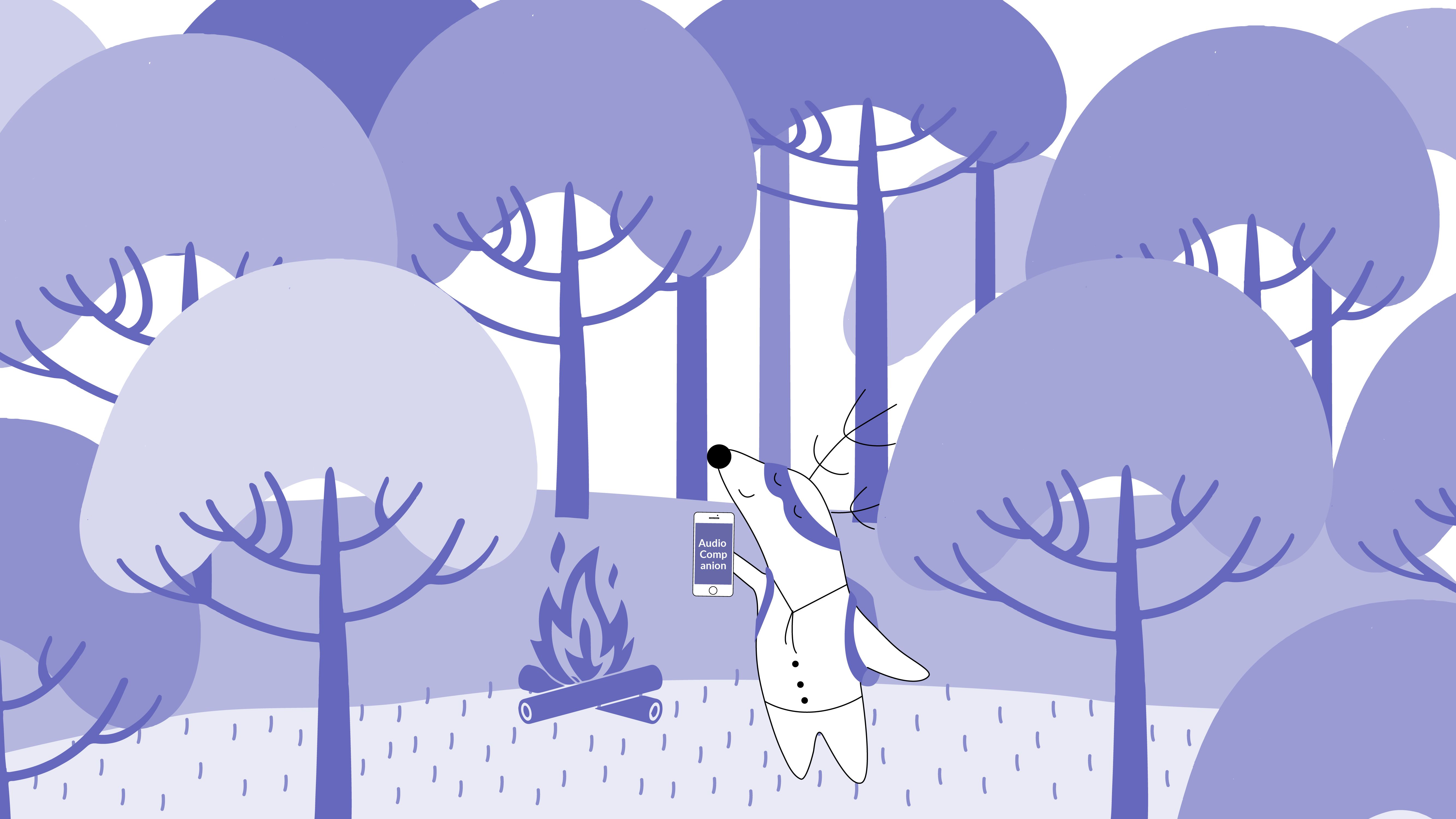
Cons
While the immersion method can be effective for visual learners, others may find it overwhelming or frustrating. It can be challenging to learn a new language without any translation or explanation, especially for beginners.
Additionally, the Rosetta Stone French course is on the pricier side compared to other online language learning programs — we’ll take a closer look at the costs below. Overall, it may not be feasible for everyone's budget.
Another con of the program is its lack of conversational practice with actual native speakers. While the interactive exercises provide an opportunity for speaking out loud, it's not quite the same as having a conversation with someone who speaks French fluently. This means that learners may struggle with adapting to different accents and styles of speaking.
A further drawback of the Rosetta Stone French course is the lack of variety within the course material. The drills, heavily dependent on images, can eventually feel repetitive. While the monotony is not as severe as some other language apps, the uniformity of the lessons can overshadow the learning experience and make it tedious for some users.
In addition to this, the course falls short when it comes to explicit grammar instruction. Rosetta Stone takes an indirect, intuitive approach to teaching grammar, similar to its overall teaching methodology.
Instead of providing clear instructions in English, it subtly introduces grammatical concepts through picture-based drills. This strategy may appeal to some learners, but others might prefer straightforward grammar explanations followed by focused practice.
The final limitation is the absence of gamification. Unlike platforms like Duolingo and Mondly, which successfully integrate game-like elements such as daily streaks, XP points, leaderboards, and social connections, Rosetta Stone lacks these engaging aspects. These gamification elements are known to enhance motivation, making the learning process more enjoyable.
While Rosetta Stone does not necessarily have to mimic these platforms, incorporating some elements of gamification and social interaction could enrich the user experience and take the learning journey a step further. This suggestion is applicable not only to the French course, but also to other language courses offered by Rosetta Stone, such as learning Spanish and German.
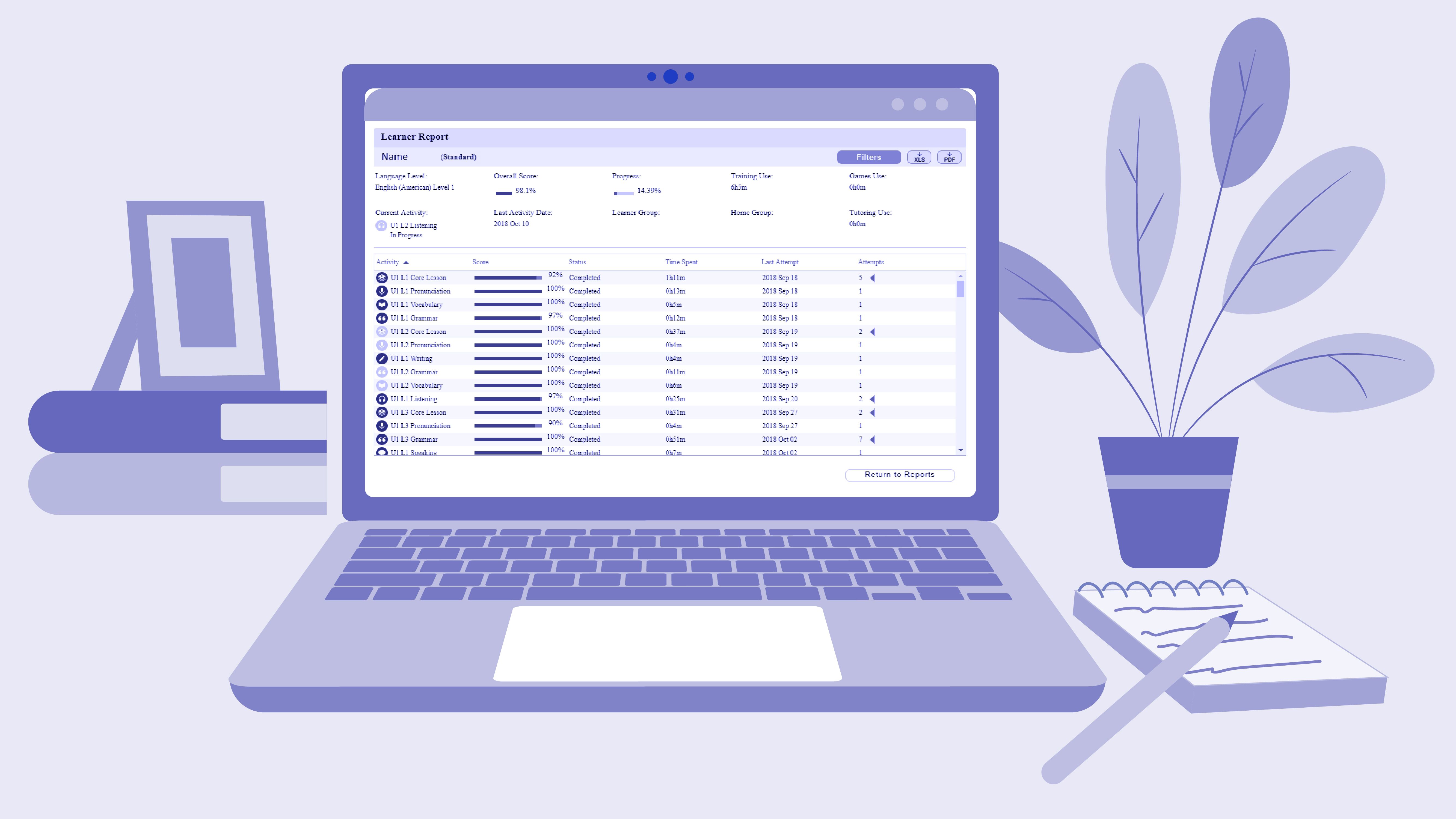
Costs
The cost of the Rosetta Stone French course varies depending on the subscription plan you choose. Currently, it offers three plans:
- 3-month access: $15.99 per month, $47.97 billed as one payment,
- 12-month access: $10.58 per month, $126.88 billed as one payment,
- Lifetime access: a one-time fee ranging from $199 to $399, depending on the subscription you choose. However, it should be noted that this is a one-time payment, and you do get access to unlimited languages, rather than just a few levels.
Rosetta Stone French Cost Comparison
As you can see, the Rosetta Stone French course can be quite expensive.
However, it's not uncommon for high-quality language learning programs to come with a hefty price tag. Here’s how the cost of this course compares to other popular online French courses:
- Babbel. A subscription-based program that offers French lessons at a monthly fee from $7 to $14 per month, depending on the length of access you need or want. A lifetime plan costs around $200-$300 and includes access to all Babbel languages.
- Duolingo Plus. A free app with an option to upgrade to the Plus version for $6.99 per month or $79.99 per year, which includes additional features, such as offline access and progress tracking.
- FluentU. A subscription-based program that offers French lessons at a monthly fee of $30 or an annual fee of $240.
In comparison, the Rosetta Stone French course may seem a bit pricey on a monthly basis, but when it comes to the lifetime access, it can actually turn out to be one of the most affordable platforms available out there.
Comparison with Other Online French Courses
While Rosetta Stone offers unique features, it's essential to compare it to other popular online courses to make an informed decision.
Here is a brief overview of how it stacks up against other options:
- Duolingo. This free app offers gamified lessons and quizzes that are perfect for beginners. However, Rosetta Stone’s course offers more in-depth lessons and interactive activities. It also has a broader range of levels for advanced learners. On the other hand, Duolingo is free to use, making it a more budget-friendly option.
- Babbel. Similarly priced to Rosetta Stone, Babbel offers a more traditional learning experience with explanations and translations. However, it may not be as immersive as Rosetta Stone's context-driven method.
- FluentU. This platform uses authentic French videos to teach the language, making it ideal for those looking to improve their listening and comprehension skills. However, it may not be as structured or comprehensive as Rosetta Stone.
Ultimately, the best course for you will depend on your learning style and goals. While Rosetta Stone may not be the most affordable option, its unique features and immersive approach make it a top choice for many French learners.
Is the Rosetta Stone French Course Right for You?
So, is the Rosetta Stone French course the ideal companion for your French-learning journey? The answer depends on your learning style and preferences.
If you're someone who values interactive and immersive learning, then this course may be a good fit for you. However, if cost is a concern or if you prefer more structured grammar instruction and practice with native speakers, other courses may better suit your needs.
Ultimately, the best way to determine whether the Rosetta Stone French course is right for you is to take advantage of their free trial offer and experience the course for yourself. This will allow you to assess its effectiveness and suitability for your learning goals and needs.
Additionally, you can also look into other language learning programs and compare their features, costs, and user reviews to make an informed decision.
Takeaway
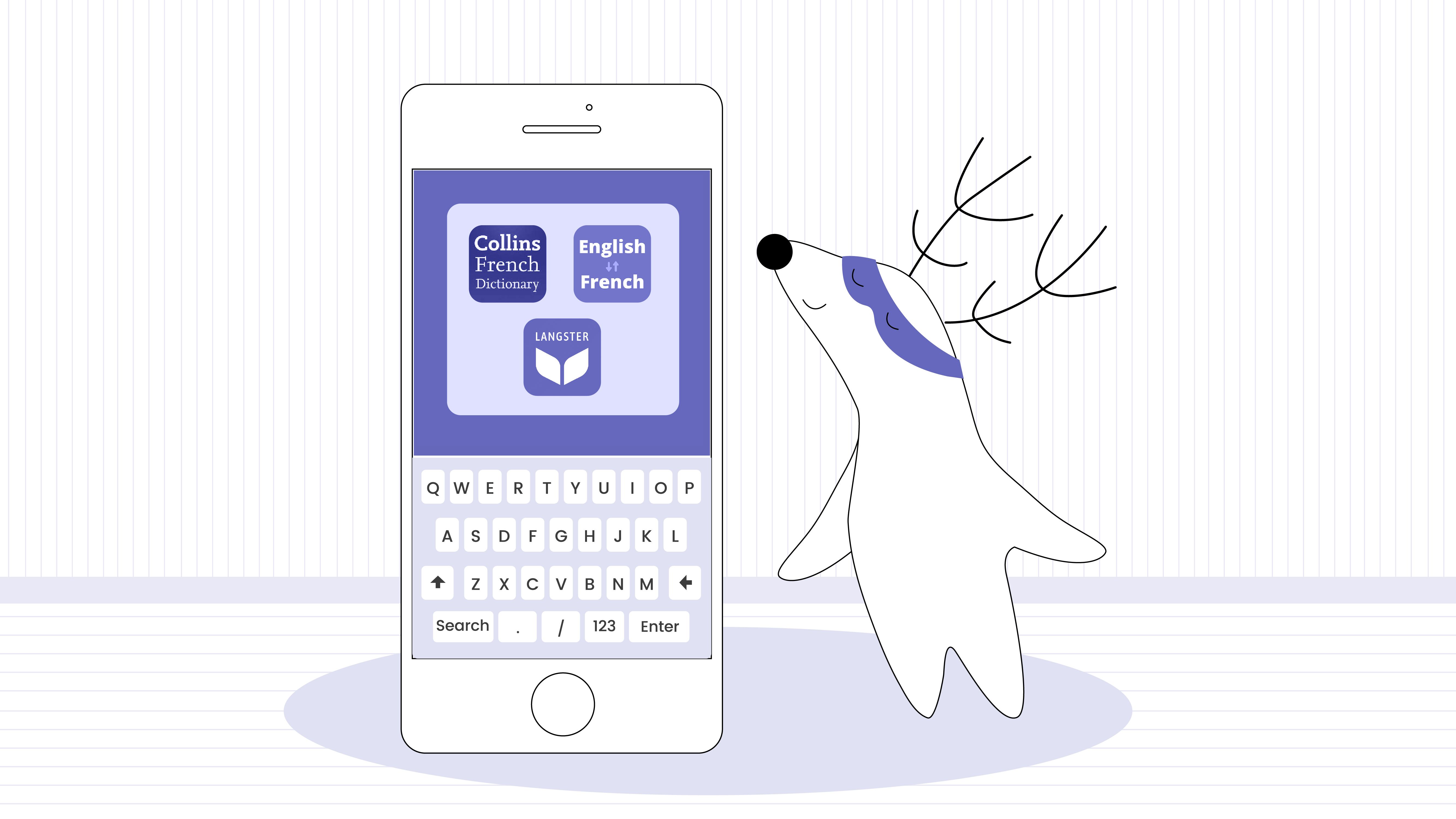
In conclusion, the Rosetta Stone French course offers an immersive and engaging learning experience for those looking to learn French. Its interactive and immersive lessons, focus on pronunciation, and cultural insights make it a popular choice among learners.
However, its price, lack of conversational practice with native speakers, repetitive drills, indirect grammar instruction, and absence of gamification may be potential drawbacks for some users. In such case, don’t hesitate to try Langster for free instead — it’s also based on immersive, story-driven learning!
So, why not give it a try and see for yourself? Bonne chance!
Learn French with Langster







